Launching Decentralized Hepatitis B Care and Treatment in Ethiopia: A New Era of Hope
Introduction
In a pioneering move in response to hepatitis B, the Ethnohep Group initiated a newly developed decentralized care and treatment project across six key sites in Oromia and the Somali region. The novelty involves bringing healthcare services closer to the community level to facilitate community access and reduce delays in diagnosis and treatment. By this approach, it will identify the best model that can be applied in resource-limited settings. This launch represents a major milestone in the fight against hepatitis B, which can only ensure better health outcomes for thousands of Ethiopians.
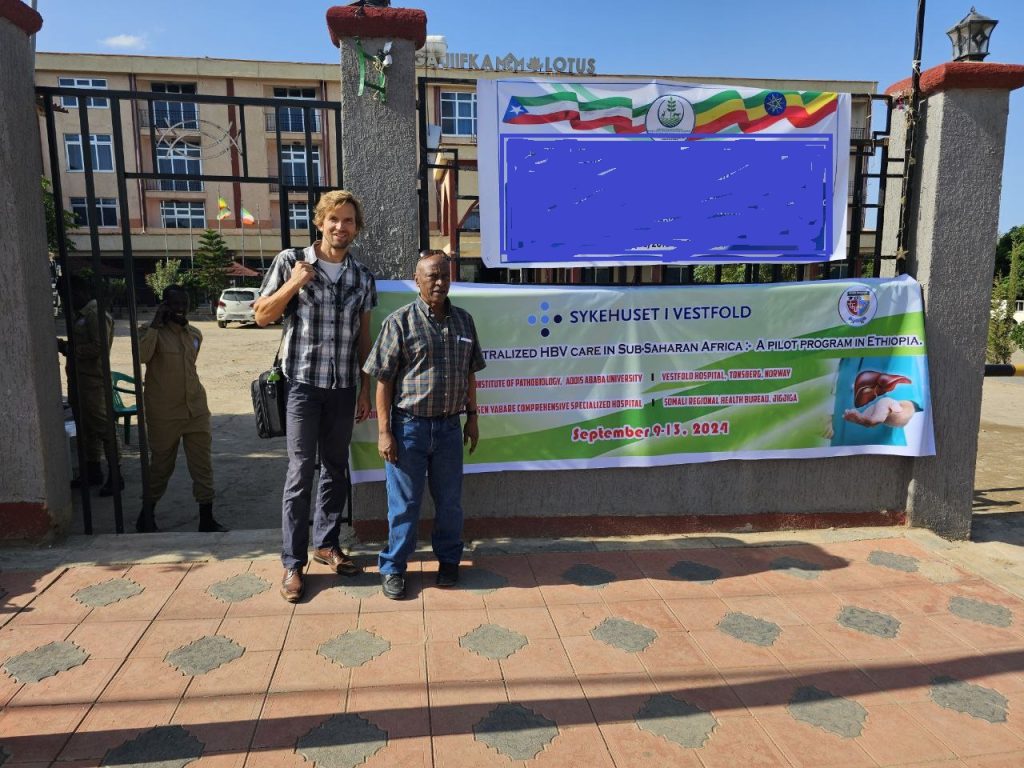
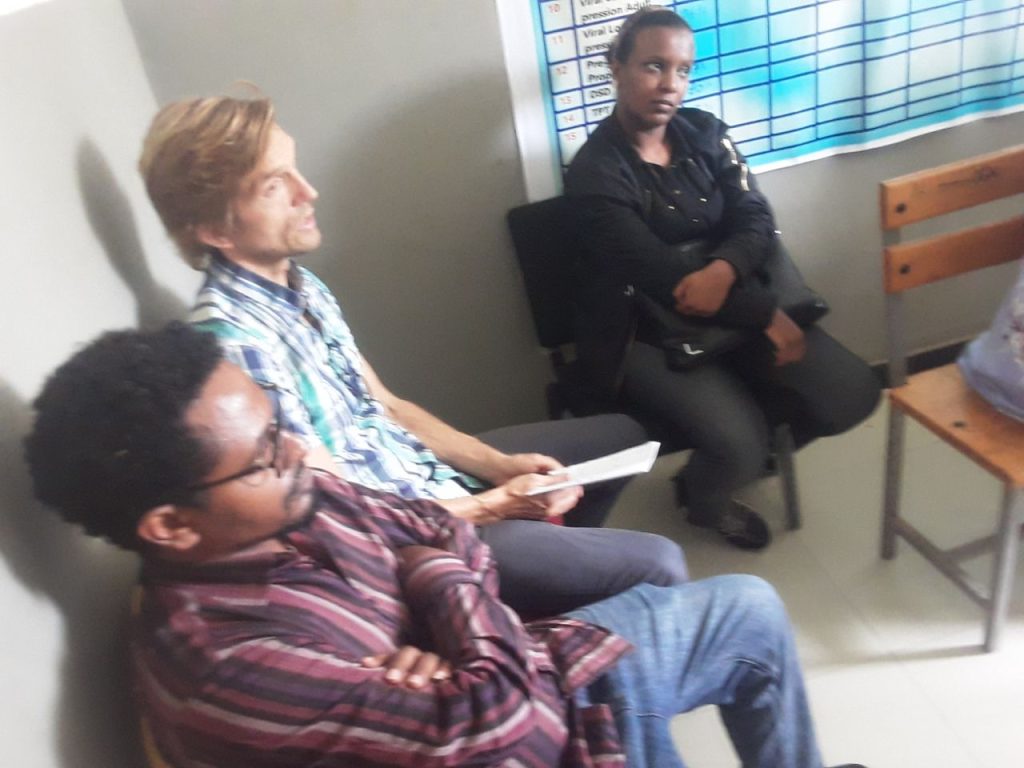
Launch Event
On launch day, simultaneous events were organized across all six participating sites to celebrate the momentous occasion with health professionals, and government officials in attendance. As the room was packed, optimism and a common resolve to tackle hepatitis B face-to-face filled the atmosphere.
Participating Sites
The following sites are participating:
Oromia Region: Batu Hospital, Mojo Hospital, Sebeta Health Centre
Somali Region: Gode Hospital, Degehabur Hospital, Sitii Hospital
Each site will implement one of three adapted care models to best suit the needs of the local population.
Care Models
1. Standard Model («treat only if…»)
Sites: Mojo Hospital, Degehabur Hospital
Description: These centers will use the newly published WHO guidelines, which require access to certain laboratory tests such as ALT, AST, and platelets to identify patients in need of therapy.
2. Simplified Model («treat all except…»)
Sites: Gode Hospital, Batu Hospital
Description: In this model, the diagnostic pathway is further simplified. The idea is that treatment should be provided to all patients diagnosed with hepatitis B, except those who have a very low risk of disease progression.
3. Test and Treat Model («treat all»)
Sites: Sebeta Health Centre, Siti Hospital
Description: This is the simplest model where treatment is initiated in all diagnosed hepatitis B patients without the need for further testing..
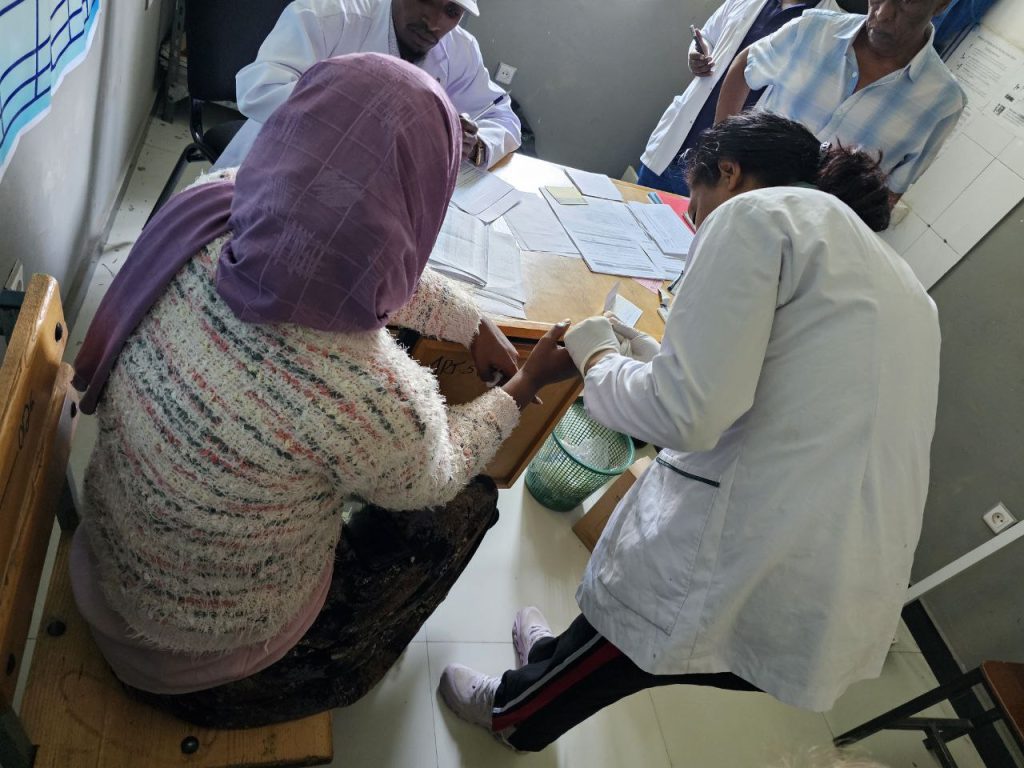
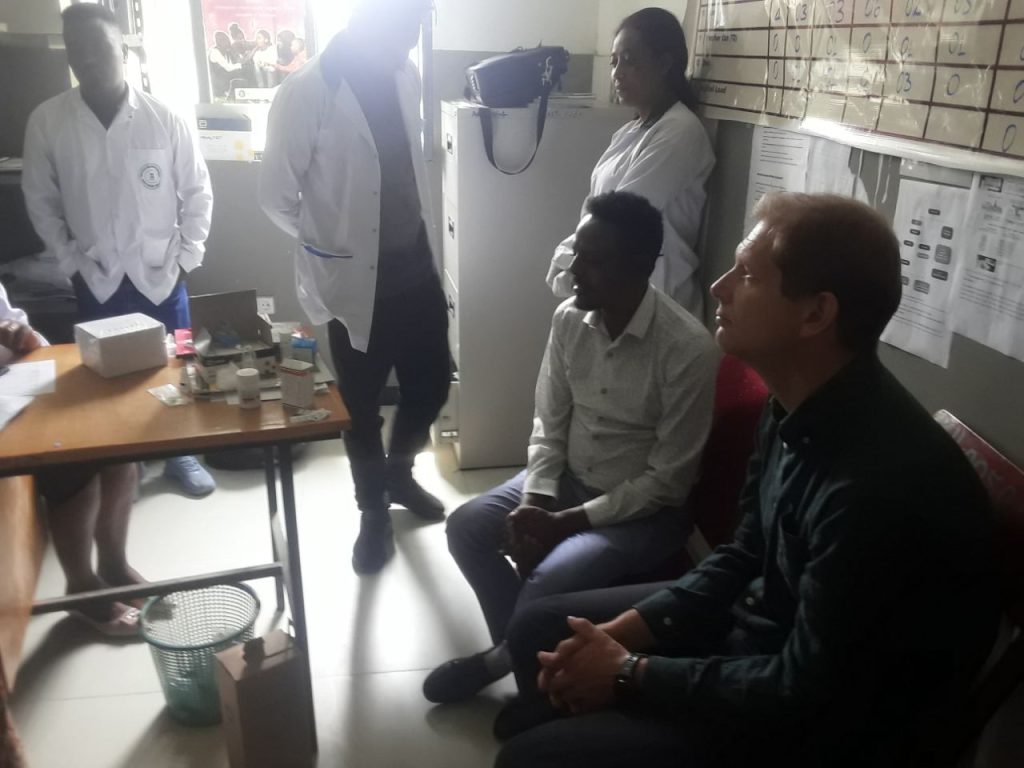
Training and Preparation
Before the launch, the health teams from both regions were taken through an intensive three-day training, one group after another. The training explained each of the care models in detail, the management of liver patients, and how to utilize REDCap when collecting data. Team visits at the sites for on-site support were provided after training to make sure that the protocols for treatment were implemented accordingly.
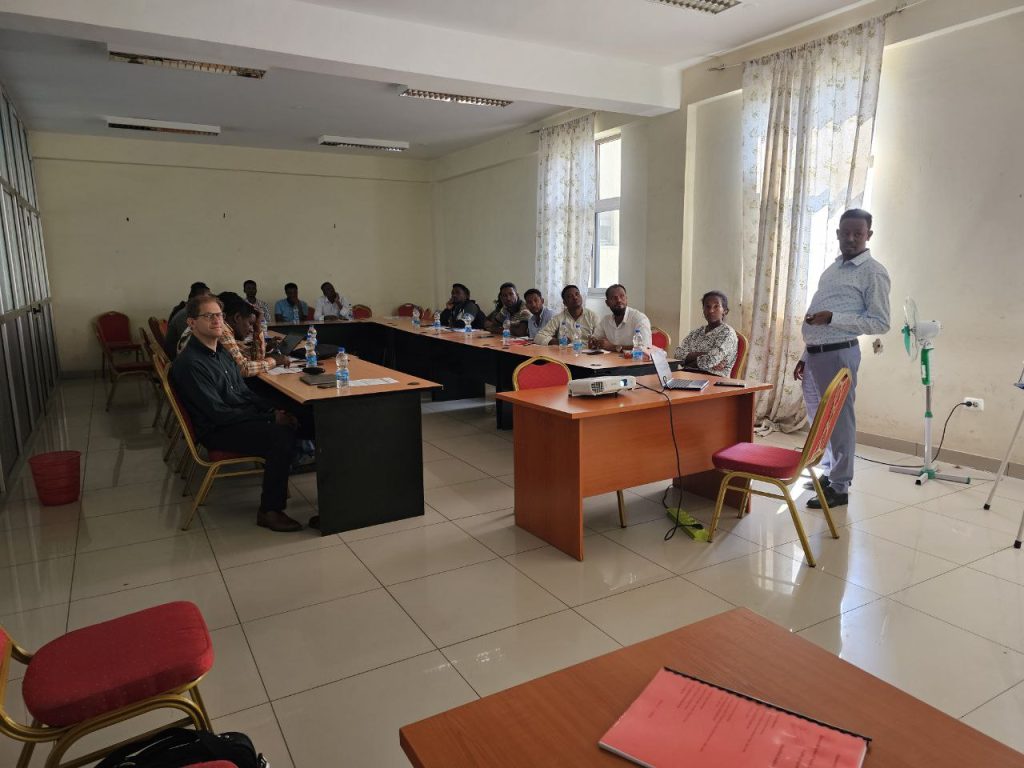

Digital Health Tools
Data collection, patient tracking, and reporting are enabled by the project using REDCap. Accurate and timely data for decision-making will be assured, further enhancing the efficiency and effectiveness of the decentralized care models.
Impact and Future Directions
Resulting in better patient outcomes and treatment adherence, this project will see significant improvements in access to therapy in rural regions. Taking healthcare to the doorstep, this is a project that is aiming to leave an indelible mark in the fight against Hepatitis B in Ethiopia.
Sustainability and scaling up will require sustained commitment from national policymakers, health providers, and international partners.
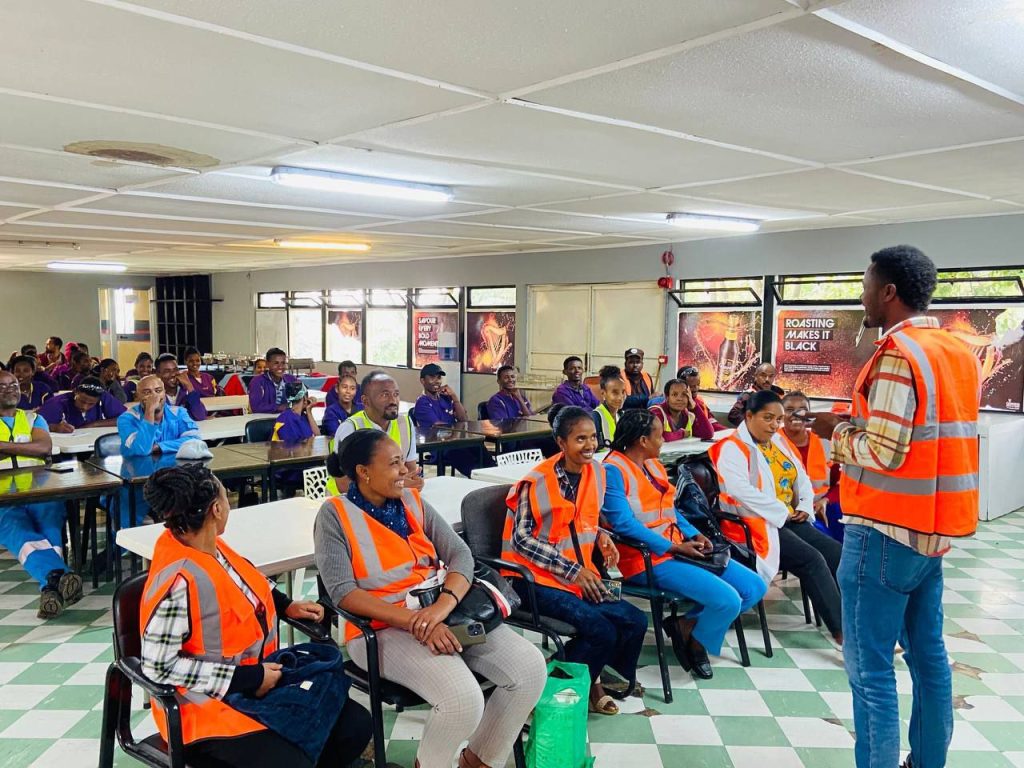
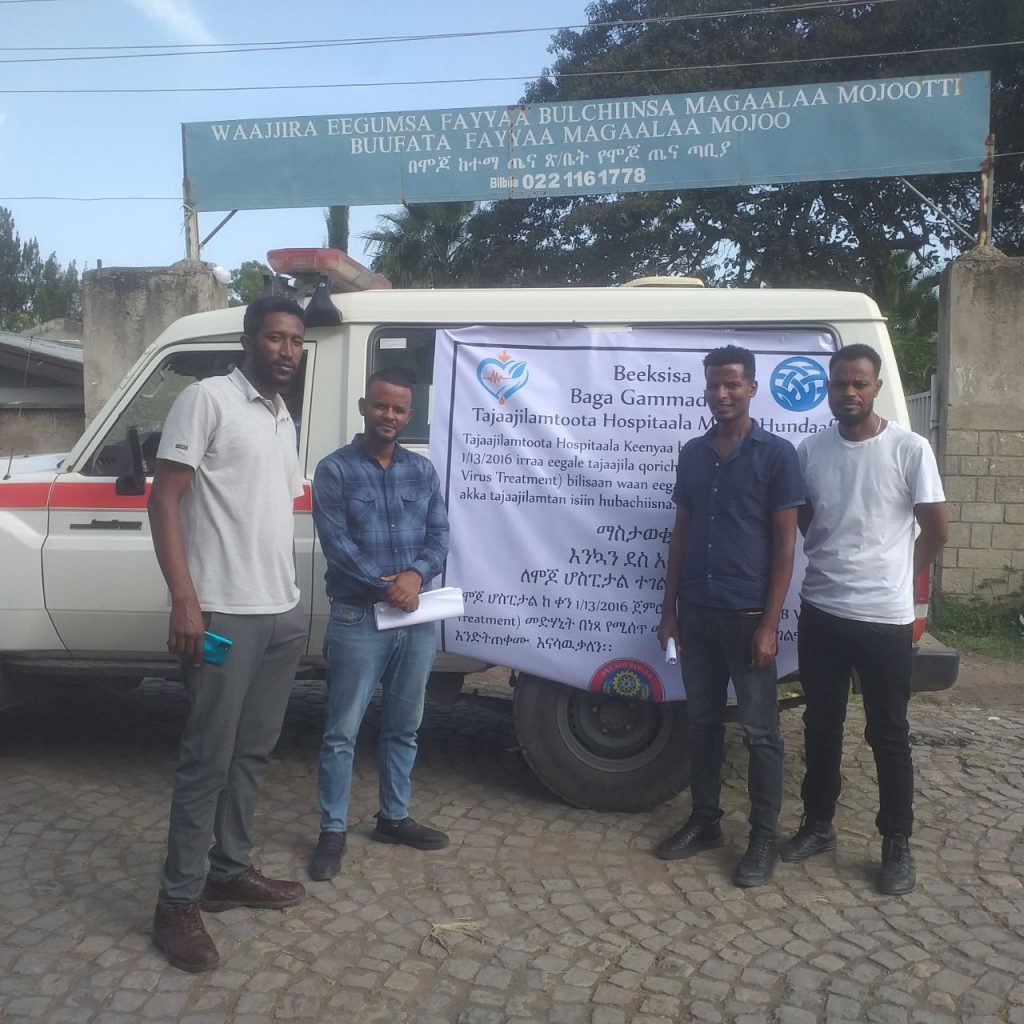
Conclusion
The launching of decentralized hepatitis B care and treatment by the Ethnohep Group in Ethiopia is a new paradigm in dealing with this chronic disease. By applying the adapted models of care and utilizing REDCap, the project would foster access to care and enhance treatment outcomes for many thousands of patients. This approach thus promises much in lessening the burden of hepatitis B, improving public health in Ethiopia, and informing the best approach to be implemented in a resource-limited setup.

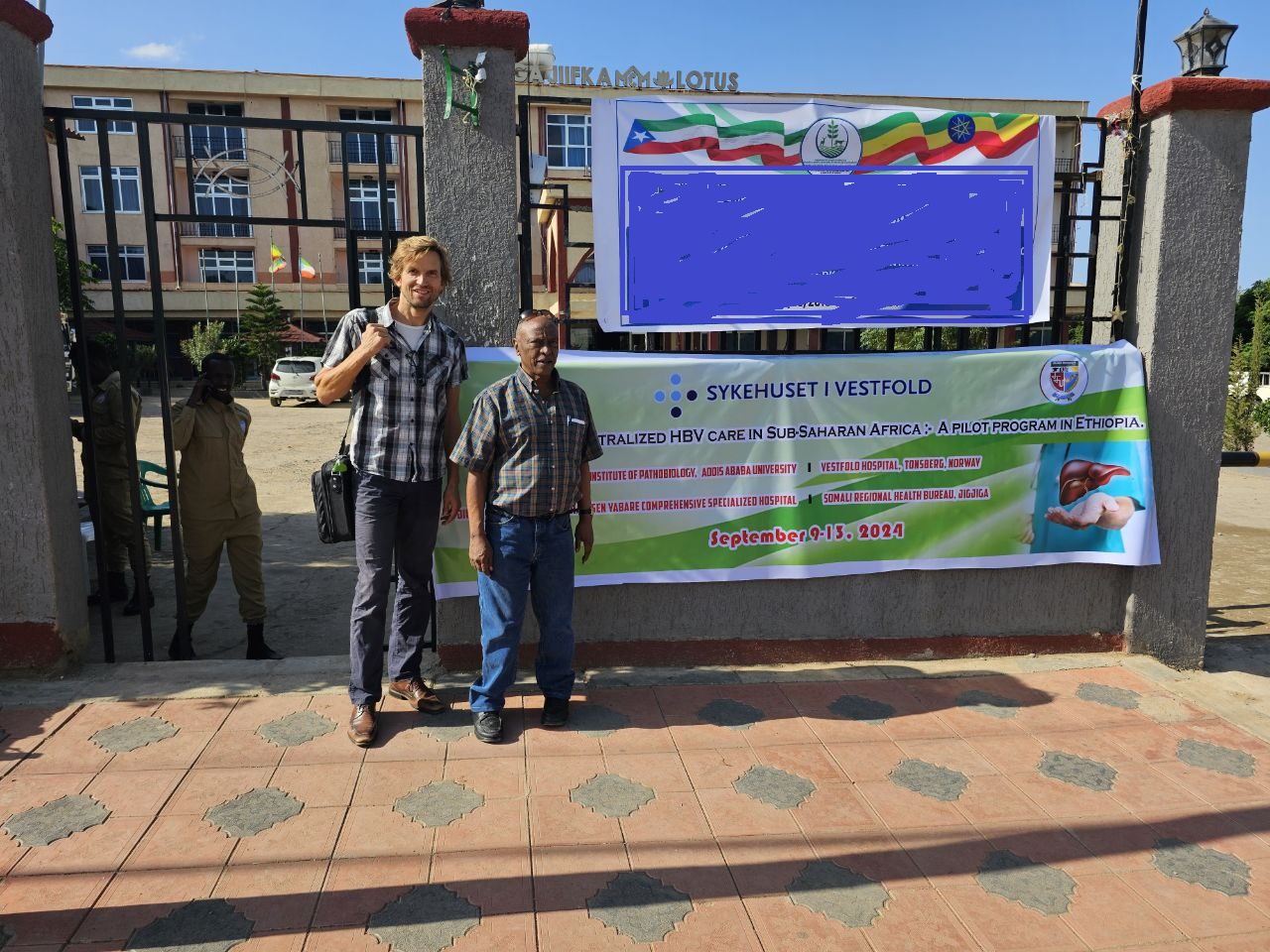
Comments (4)
That is very good update. It is organized and intersting
A wonderful move for better access of treatment and care for our community.Thanks for update!
Very good
Wonderful website. Plenty of helpful info here.
I’m sending it to a few friends ans additionally sharing in delicious.
And naturally, thank you on your effort!